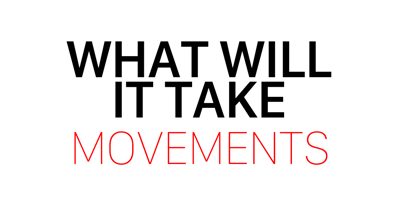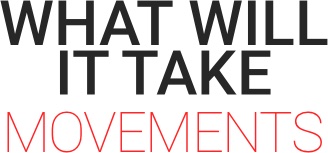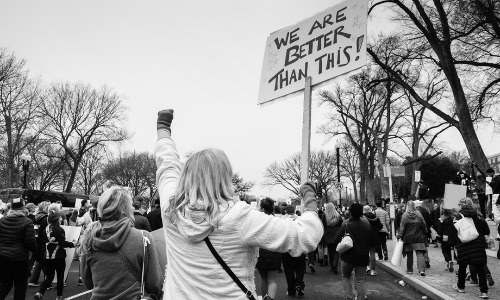By Marianne Schnall
Making meaningful progress toward diversity and parity in politics—as well as in all positions of leadership and sectors of society—depends on our continued voter turnout and political participation. And with the rights and freedoms of women and other underrepresented communities on the line, as well as so many other critical issues at stake that impact the future of our democracy and the planet, it’s more important than ever to make our voices heard and vote.
Over the years, I have interviewed many high profile public figures about the importance of voting, and civic engagement overall. What follows is a collection of quotes to inspire us all to vote in all elections, from presidential to down the ballot for our local races—as well as a reminder that our civic participation should extend beyond election day.
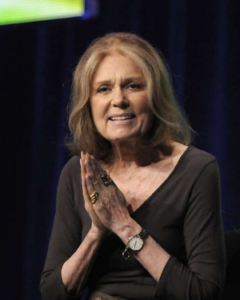 Gloria Steinem
Gloria Steinem
Writer, lecturer, political activist, and feminist organizer
The voting booth is still the only place that a pauper equals a billionaire and any woman equals any man. It is the only place on earth in which everybody’s equal. If we didn’t fall for the idea that our vote doesn’t count—an idea nurtured by those who don’t want us to use it—we could elect feminists, women of all races, and some diverse men, too, who actually represent the female half of the country equally. It’s up to us. One vote does in fact count.
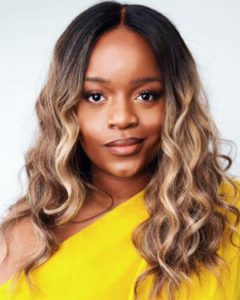
Brittany Packnett Cunningham
Activist, educator, writer, leader; NBC News and MSNBC contributor; founder and principal of Love & Power Works
I come from a legacy of people that had to fight for their right to vote, that had to risk everything. One of the places to make sure that voices like mine and other marginalized voices are heard is at the voting booth. That’s not the only thing, but it’s definitely a necessary step to make sure that our voices are heard. I often say if our vote didn’t matter, people wouldn’t be trying to take it away from immigrants and people of color and people living in low-income circumstances. Every single opportunity we have to make our voices heard is something that we have to show up for. And voting is one of those chances.
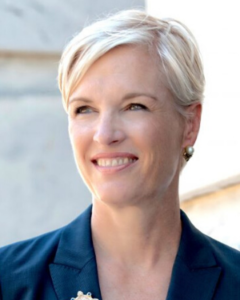 Cecile Richards
Cecile Richards
Co-founder of Supermajority and Former President of Planned Parenthood
I think women are recognizing that we’re the ones we’ve been waiting for. No one is going to change this but us. And I think the exciting thing right now is the opportunity for women across race, across economic experience, across geography, to actually band together and say, “We believe in the same things, and that’s what we expect from our government.” I think there’s never been a more powerful opportunity.
Right now women need to be building their pods and making sure every woman they know is registered to vote. There is no more important time.
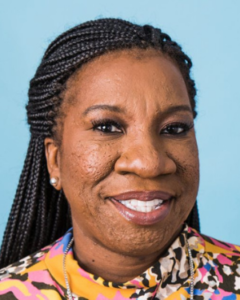 Tarana Burke
Tarana Burke
Civil rights activist, original founder of the #MeToo movement
People have to vote because someone died for you to have that right. Someone marched for you, someone sang for you, someone suffered for you to have the right to vote, particularly people of color. That’s why we should vote, if nothing else.
We should also vote because it’s one of the ways we can harness our power in this country. We live in a democracy that is driven by the vote, and it’s driven by the right that we have to choose people to represent us and move our government forward. . . . It’s really important for us to understand that voting is a pivotal and important part of the democratic process.
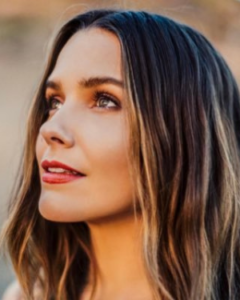 Sophia Bush
Sophia Bush
Actress, activist, director, producer
People need to vote for a myriad of reasons: because it is a right that, in so many places in the world, people die for; because it is the only way that we actually have a government for the people, by the people. It is the only way to make your voice heard; it is the only way to have any semblance of control over how your life is going to be lived because of how you are governed. Voting is the most important piece of civic duty there is.
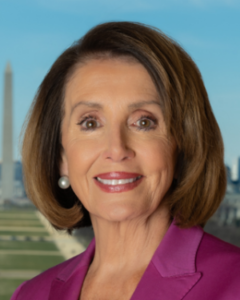 Nancy Pelosi
Nancy Pelosi
Speaker of the U.S. House of Representatives
[One hundred] years ago, women got the right to vote. When they did, the papers said: “Women Given the Vote.” Women weren’t given the right to vote—women won that right. They marched, they fought, they starved, and it took decades for women to have the right to vote. What’s really important is we have to fight for [gender equality] in that tradition—the rich American tradition of speaking up and standing up for fairness and equality in all aspects of public and private life.
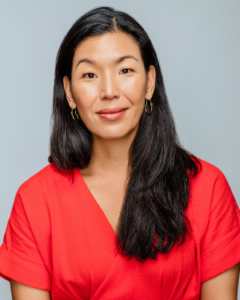 Ai-jen Poo
Ai-jen Poo
Executive director of the National Domestic Workers Alliance, co-director for Caring Across Generations, co-founder of Supermajority
People need to vote because a healthy democracy relies upon people actually realizing their right to a voice. It’s our way of being able to move toward our dreams and our aspirations for our families, of being able to elect leaders who represent our values and who can actually create the solutions we need in order to live well in this country. There’s no choice—we have to vote, and people gave up their lives so that we could, so in many ways it’s a responsibility.
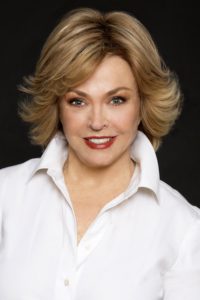 Pat Mitchell
Pat Mitchell
Media executive, author, and the editorial director of TEDWomen. She was the first female president of PBS.
Every time I go to the ballot box, I think about those women who gave up their lives (some quite literally losing their lives), went to prison, fought for years and years and years and years so that we would have, as women, the right to participate fully in our country’s government. And those women, when they finally got the 19th Amendment, they said the most profound thing: “This is not for ourselves alone.” Because in fact, many of them never got to vote under the 19th Amendment they fought to get for you and me and all other women in this country. We have to vote. If we don’t vote, we are ignoring history and giving away the future.
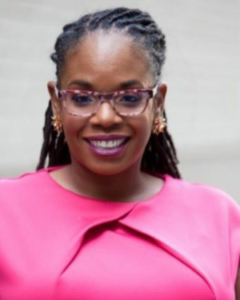 Glynda Carr
Glynda Carr
President, CEO and co-founder of Higher Heights for America PAC
Black women have always put more into this democracy than we’ve gotten back starting with the suffrage movement. We had very active Black women that were sitting at the table and were architects of the 19th amendment, knowing that they weren’t going to reap the benefits of that work. And we have continued to be organizers and mobilizers and thought leaders on all of the movements that have intersected—from the suffrage movement to civil rights and women’s rights, Black women have led. So we’re demanding our return on our voting investment, and that’s in the form of policies that directly impact Black women, our families and our communities. We will proudly stand at this moment, truly unleashing the political power and leadership potential of Black women.
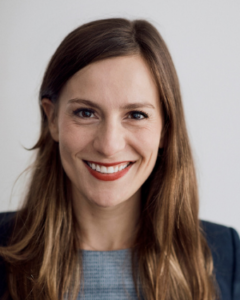 Alessandra Biaggi
Alessandra Biaggi
New York Senator
Politics affects all of us. I’ve met so many people who say, “I don’t do politics” or “I don’t vote,” and it drives me crazy. I say, “Well, see that banana that you’re eating? That’s political. There was a political decision made behind that banana. And that air you’re breathing? That’s also political.” So we cannot sit back. I spend my time thinking about the young people who don’t talk politics at the table because it’s taboo. It’s not taboo. We need to talk about it everywhere. I want to say to young people, “You might not think about running for district leader or school president or whatever role it is in your town, but you should, because if you don’t do it, somebody else will, and they’re going to decide how your whole life looks. It’s up to you.”
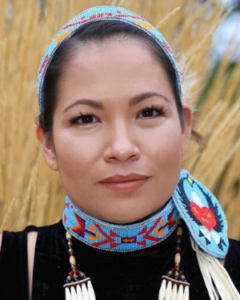 Sarah Eagle Heart
Sarah Eagle Heart
Emmy award winning social justice storyteller, activist, author and producer focused on advocacy on behalf of Indigenous Peoples; former CEO of Native Americans in Philanthropy
Right now it’s more imperative than ever for us to vote. There are many threats that are happening to our communities, some that are long term and life changing, even more so for Native American communities. Many of our rural communities have been at poverty levels and unemployment levels of 80 percent and above for decades and decades and it’s time for this environment to change.
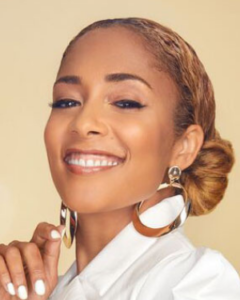 Amanda Seales
Amanda Seales
Comedian, actress, writer, producer; founder of Smart Funny & Black Entertainment; author of “Small Doses: Potent Truths for Everyday Use”; host of Small Doses with Amanda Seales podcast
People need to vote because there is a misrepresentation of information that says that voting doesn’t matter. Especially on the local level, voting absolutely matters. And what it says to the politicians is, “My voice is important to your decision making.”
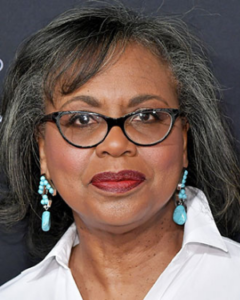 Anita Hill
Anita Hill
Professor at Brandeis University and the chair of the Hollywood Commission for Eliminating Sexual Harassment and Advancing Equality.
Early suffragists saw the vote as key to all women’s personal as well as political autonomy—and blamed the unfettered physical and sexual abuse men wielded against women on male lawmakers, jurors and judges. Winning the right to vote for women was their antidote to sexual assault in the home, on the streets and in workplaces.
Unfortunately, in their passionate pursuit of gender equality through the vote, few white activists considered how Native, brown and Black women’s oppression under colonialism, immigration law and slavery figured into the solutions suffragists sought.
We can’t wait another 100 years. We must recognize gender violence as the national crisis that it is and use the franchise to ensure both our political and personal equality. That means that our vote must be deployed to enact laws, elect representatives and elicit public will to, in the words of abolitionist and feminist crusader Sarah Grimké, get our “brethren to take their feet from off our necks” both literally and figuratively.
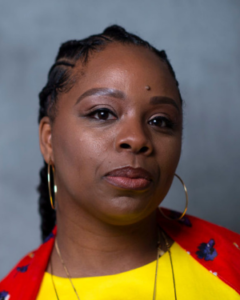 Patrisse Cullors
Patrisse Cullors
Activist, activist, organizer, educator, co-founder of the Black Lives Matter Global Network
People need to vote because we need to make sure that, every single day, the folks who are at the margins are getting their needs met, getting the resources they deserve and are not being treated in ways that will impact them and their children’s lives negatively. It’s going to take us voting in more women, and not just because representation matters, but I’m talking about women who are progressive, women who are trying to change white supremacy and patriarchy. I’m talking about a new shift, a new paradigm, It’s gonna take us voting those people in and changing those systems. If we want to make sure that our children and their children and their children’s children actually survive, actually live on a planet that’s habitable, we must, we must, we must bring more women into office.
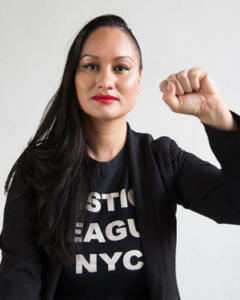 Carmen Perez
Carmen Perez
President & CEO of The Gathering for Justice, national co-chair of Women’s March
People need to vote because it is the way in which they participate in democracy. It’s the way in which they can actually sit at the table to ensure that their vote counts. When people are not showing up to vote, there are decisions being made about their body, about their life, about their environment without them actually contributing to that conversation.
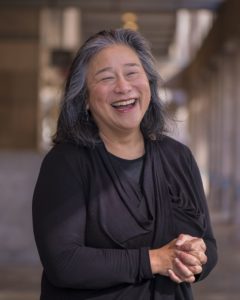 Tina Tchen
Tina Tchen
Chief Strategy and Impact Officer, Obama Foundation
People need to vote because every vote matters. And elections matter. Who gets elected decides policies that will affect how much you make at work, what kind of healthcare you have, how well your schools are run. Every vote matters because we’ve seen in election after election that sometimes elections are won by only one or two votes. So don’t let anyone tell you that it doesn’t matter whether you vote or not. It completely matters…. If millions of people show up in November, we can create real and lasting change.
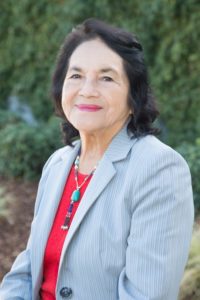 Dolores Huerta
Dolores Huerta
Labor Leader and Community Organizer, President of the Dolores Huerta Foundation, Co-Founder United Farm Workers
Voting is the only non-violent weapon we have to make sure that our families are protected, the workers are protected, that the money that we pay in taxes goes where it should go: to help working people, education, health care, infrastructure improvements—for the things that we need to keep our country safe and secure and educated.
The only way we can change policies is by electing the people that make the policies… We can march and we can protest, but it’s not going to change anything. The only ones to change the policies are the people that we elect to office. So we should never deceive ourselves to think, ‘If I march, that’s going to make the difference.’ Yes, marching is good because we communicate, we have the energy, we feel powerful when we’re all together, but it’s not going to change anything unless we take that march to the ballot box.
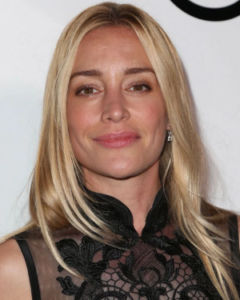 Piper Perabo
Piper Perabo
Actress, Activist
Women need to vote and bring other women with them when they go to vote. A lot of women are balancing many things at once—jobs, taking care of children, taking care of parents—and so as women we can make sure we have each other’s back. When you’re going to vote, call your other women friends. See if they need a ride, see if they need someone to watch their kids or their parents while they go to vote.
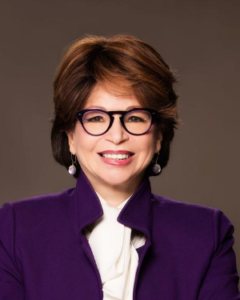
Valerie Jarrett
Senior advisor to former President Barack Obama, the Obama Foundation, and ATTN:; senior distinguished fellow at the University of Chicago Law School; board chair of When We All Vote; co-chair of The United State of Women
Our government is only going to be as good as the people insist and demand it to be. I encourage everybody to vote if you want to make sure that your priorities, your values, the type of country you want the United States to be is well reflected in your elected officials. Voting is the first step in civic participation. Then you have to get involved in your own community and be a force for good.
For more resources and information on voting, visit www.vote.org
This piece was originally published at Supermajority
Marianne Schnall is a widely-published interviewer and journalist and author of What Will It Take to Make a Woman President?, Leading the Way, and Dare to Be You for girls. She is also the founder of Feminist.com and What Will It Take Movements.
